
The National Planning Commission (NPC)—a public entity mandated to craft and oversee implementation of the country’s long-term development plans—has reiterated the need for massive investment in the manufacturing sector as part of the country’s growth strategy.
The government has in the recent past singled out agriculture, tourism and mining (ATM) as key and productive sectors for economic growth.
There has been a deliberate push towards popularisation of the ATM strategy by government entities following its launch by President Lazarus Chakwera recently.
But in an interview, NPC Director General Thomas Munthali said incorporating manufacturing into the strategy speaks to aspirations of industrilising the economy.
“It is very important because the central pillar of Malawi 2063 is industrilisation. Now the moment you neglect that pillar, you are sending a signal to everyone that these are the only areas we want to put more of our attention on.
“Yet, it requires us to go into manufacturing if we are to create decent jobs and wealth for all. In fact, the leadership has already made it clear that industrilisation is key,” Munthali said.
He called on private sector players to consider putting extra financial and technical resources towards the sector while the government plays a catalytic role.
He then called for an accelerated approach on the interventions if the country is to meet its growth aspirations.

In an interview Monday, Malawi Confederation of Chambers of Commerce and Industry President Wisely Phiri said the drive should be accompanied by conduicive policy framework to make production lucrative.
He lamented high cost of doing business, forex scarcity and low energy generation capacity among limitations to growth of the sector.
“Available policies are promoting importation and trade but not manufacturing. These concerns have been raised before; the cost of capital is very high. And there is a need to address the forex woes.
“All these factors addressed, coupled with sound policies, would enable growth,” he said.
The manufacturing sector was expected to register a strong growth this year from 0.3 percent to 2.1 percent, according to the Reserve Bank of Malawi.


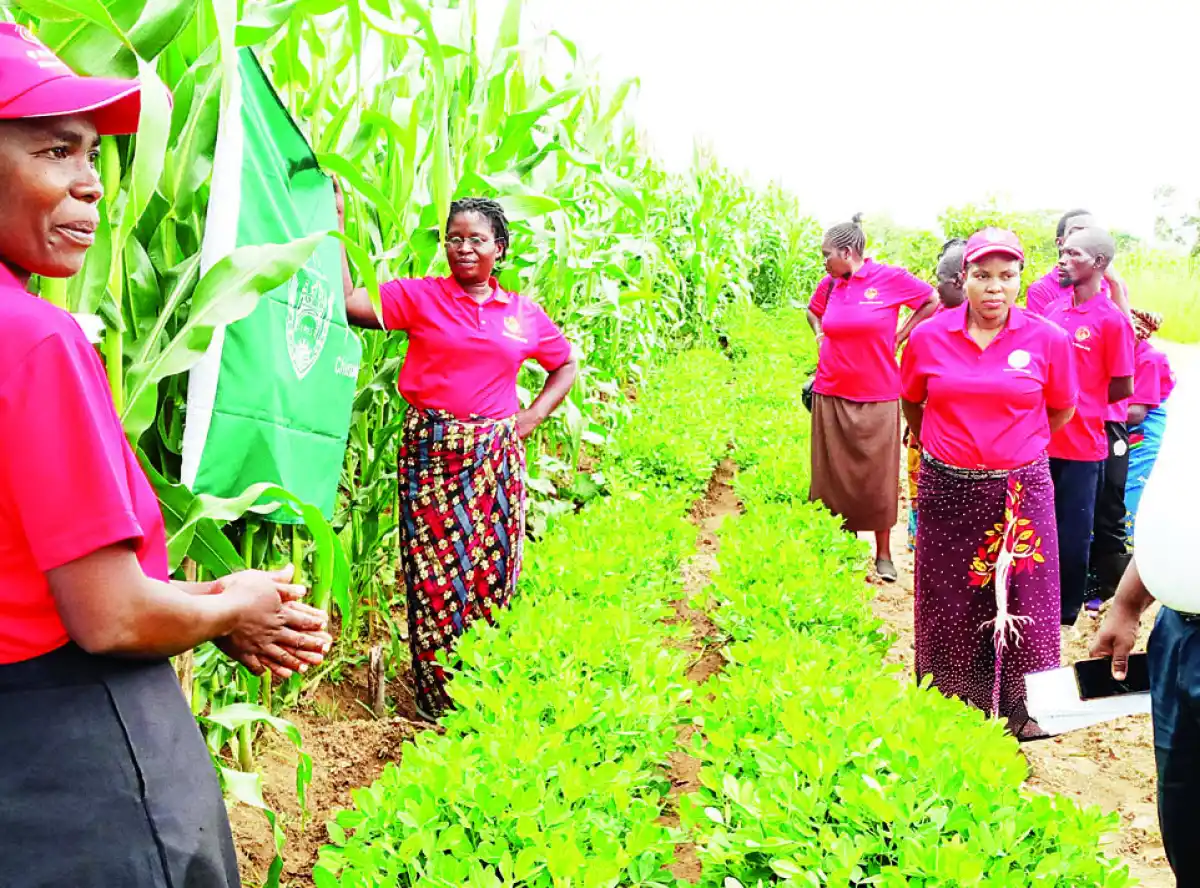
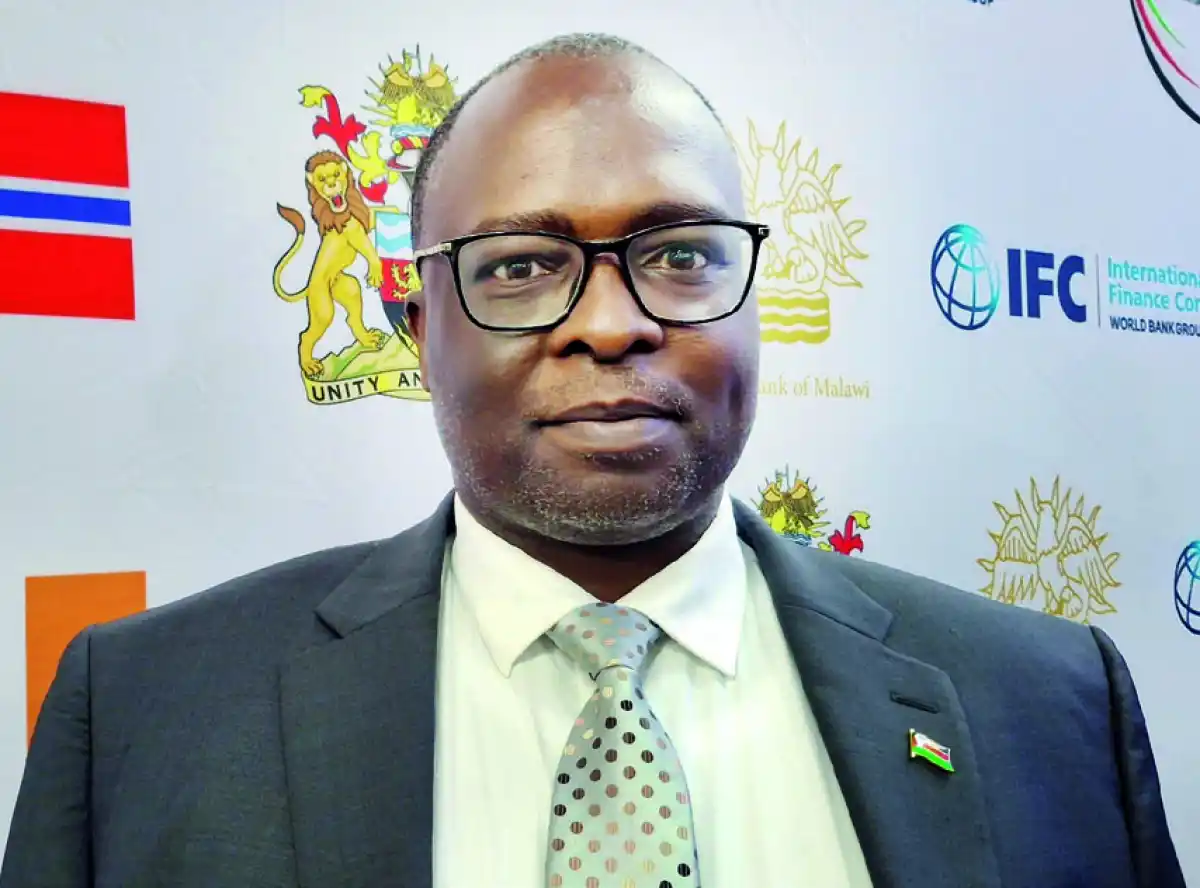
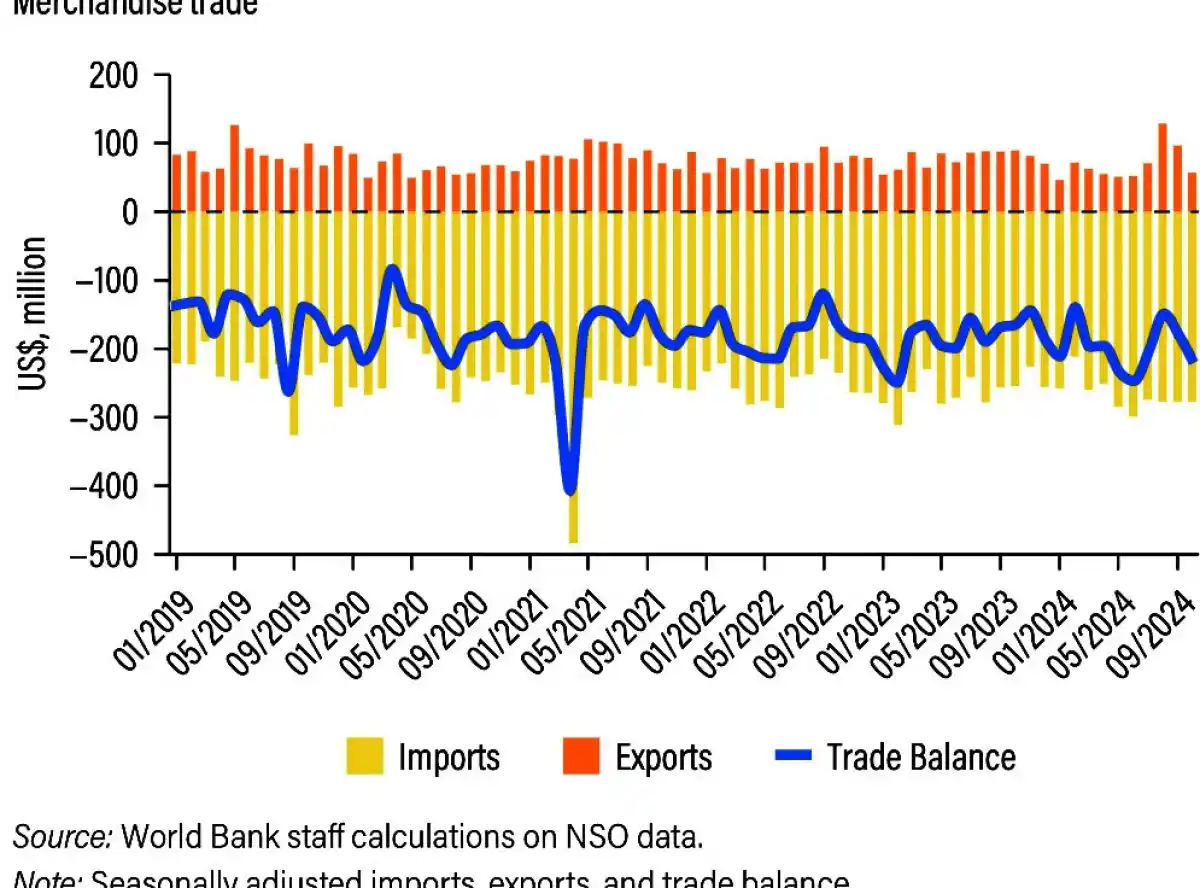

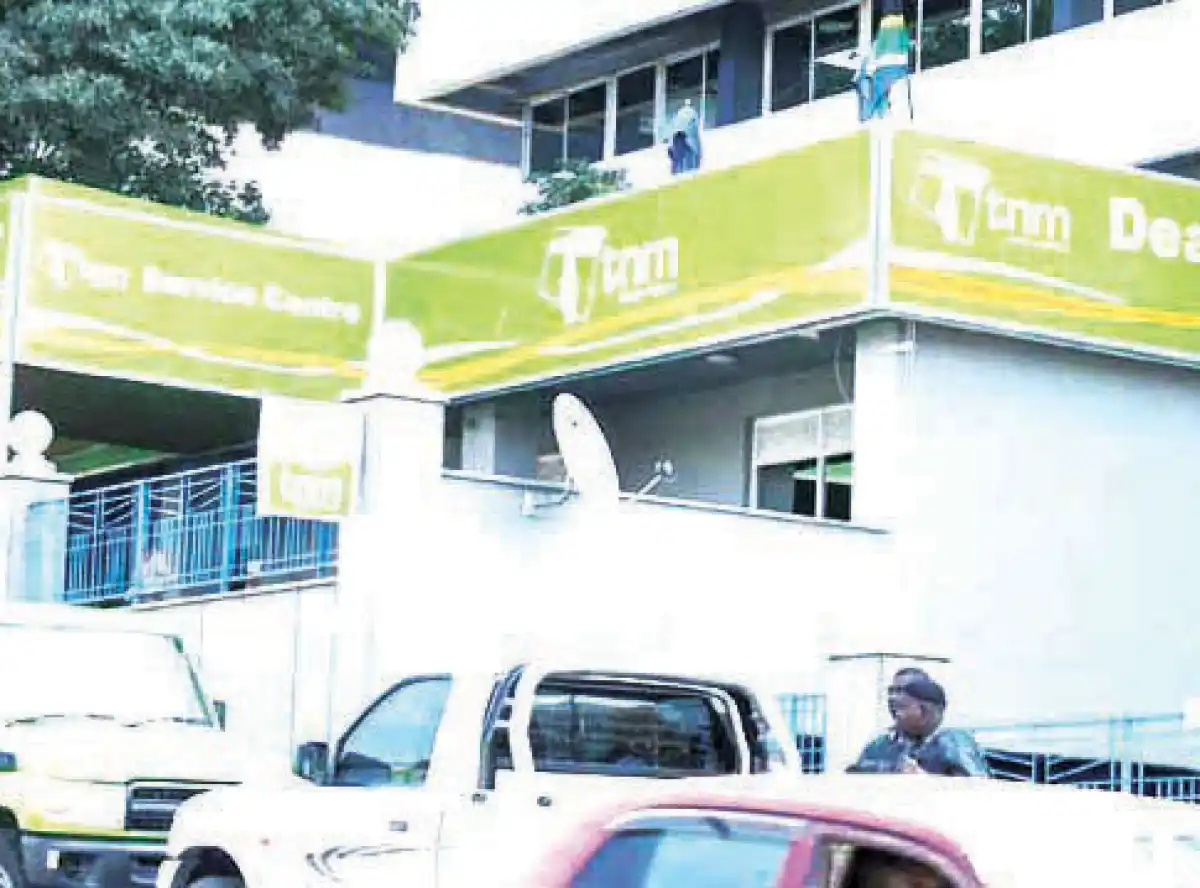
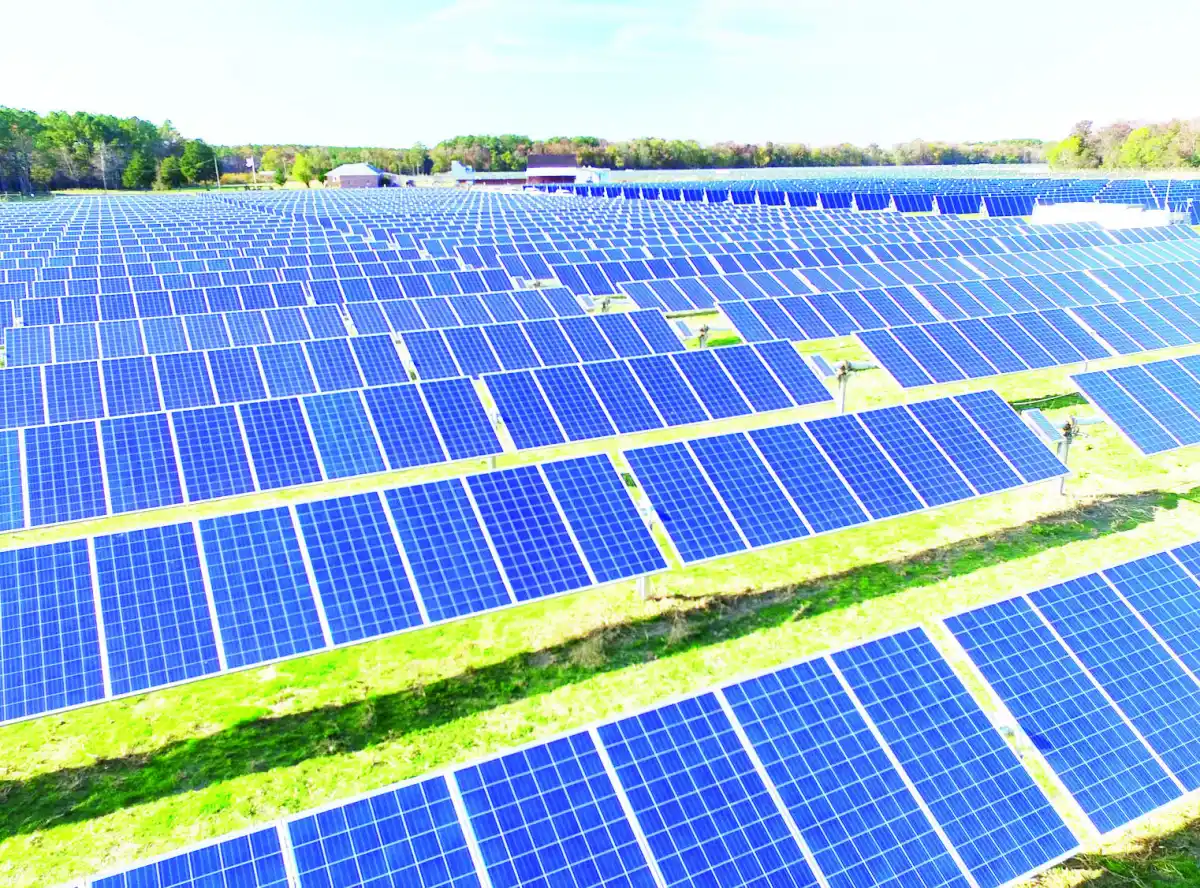
0 Comments